9mobile secures NCC approval for roaming on MTN network
After almost five years of regulatory hold-ups, 9mobile has finally been granted approval by the Nigerian Communications Commission to launch national roaming services utilizing MTN Nigeria’s network, with plans to debut in June 2025.
This long-anticipated authorization represents a pivotal moment for the struggling telecom firm, which has seen its market share fall to 1.72% as of April 2025 — a significant drop from 6.6% in 2020 when it initially sought the roaming permission.
The path to this achievement began in August 2020, when the NCC sanctioned a three-month pilot for roaming between 9mobile and MTN. Although that initial trial wrapped up in October 2020, regulatory obstacles delayed a full commercial launch until now. With the recent approval, 9mobile can extend its services into regions lacking infrastructure by utilizing MTN’s extensive network — a strategy anticipated to enhance coverage and service reliability for its shrinking customer base.
Central to the rollout is a national roaming and spectrum-sharing agreement established between the two operators in 2020. This arrangement allows 9mobile customers to make calls, send texts, and access mobile data via MTN’s infrastructure in areas where 9mobile's service is limited or non-existent. It also permits MTN to utilize 9mobile’s underused spectrum in the 900 MHz, 1800 MHz, and 2100 MHz frequency bands — assets that could bolster MTN’s network capacity and alleviate congestion, especially in densely populated urban areas.
The 900 MHz band is especially coveted for its excellent indoor coverage and extensive area reach, making it particularly suited for rural and semi-urban locales. Meanwhile, the 1800 MHz and 2100 MHz bands provide high capacity, which is crucial for enhancing data speeds in Nigeria’s crowded cities. With more than 84 million subscribers, MTN is anticipated to gain considerably from access to these frequencies — although experts caution that regulatory limitations might restrict spectrum utilization.
“It’s a strategic gamble for both operators,” remarked a telecommunications executive with knowledge of the situation, who chose to remain anonymous while speaking to Tech Cabal. “The NCC is likely to impose stipulations to ensure equitable usage and prevent market disparities.”
For 9mobile, this agreement offers a financially viable route to recovery without the demands of expanding its own infrastructure. With rival Globacom’s subscriber count also diminishing — now at a historic low of 20.6 million, or 11.9% market share — analysts suggest that the competition for Nigeria’s third-largest mobile operator is wide open.
“The competition for the number three position is still very much on,” noted the same executive. “If 9mobile can skillfully bundle services and market itself effectively, there is a genuine opportunity for them to recover. Brand identity remains essential — customers tend to stick with their numbers.”
From a regulatory perspective, this initiative aligns with the NCC’s overarching strategy for infrastructure sharing and spectrum efficiency in a financially challenging operating landscape. The Commission sees national roaming as a crucial mechanism for enhancing connectivity, especially in underserved areas, without the unnecessary duplication of expensive network constructions.
As the telecom industry looks forward to the June launch, all attention will be focused on how well 9mobile can leverage this partnership to regain its position. If successful, this initiative could create a model for how smaller telecom players can endure — and even flourish — in a market increasingly led by major operators such as MTN and Airtel. Most importantly, it could provide essential connectivity enhancements for millions of Nigerians currently underserved by inadequate network coverage.

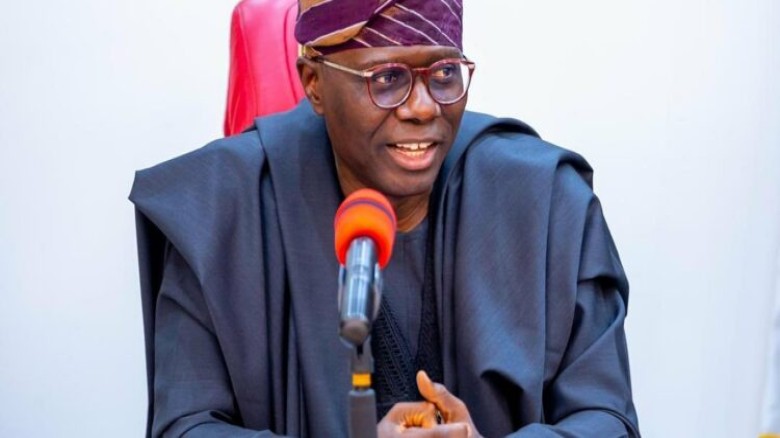
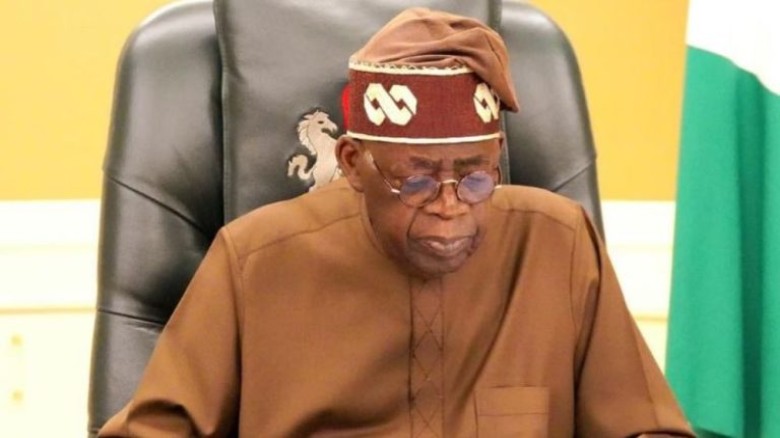




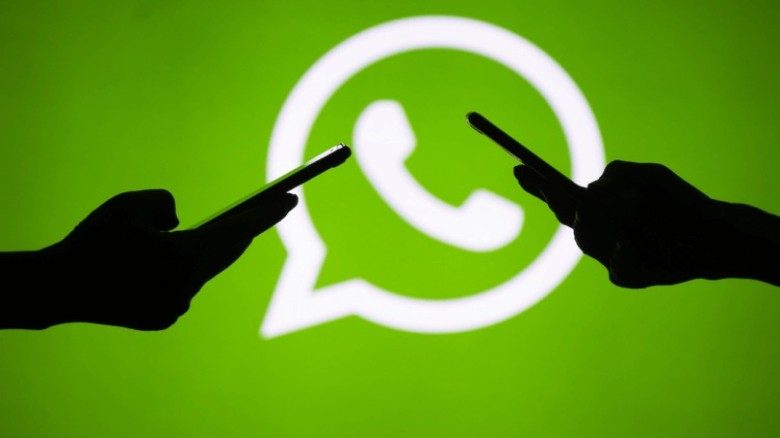
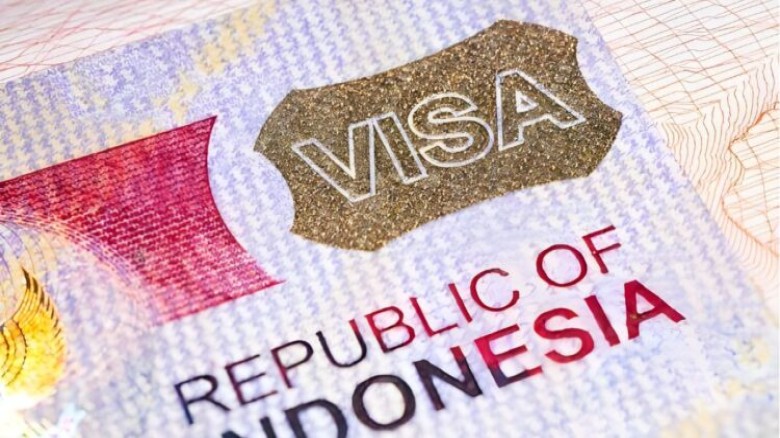





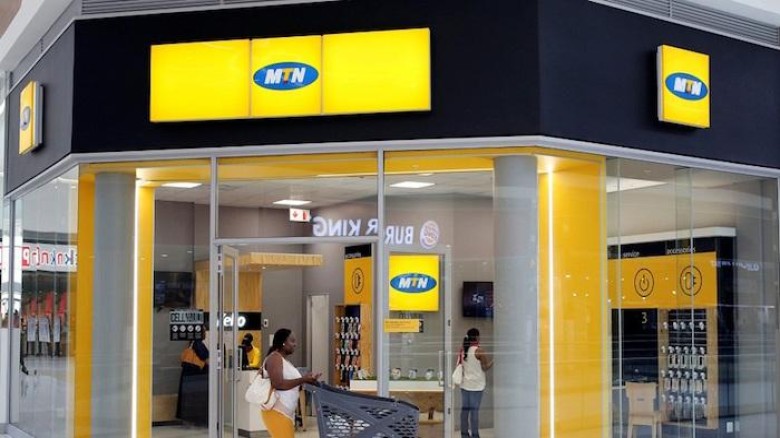


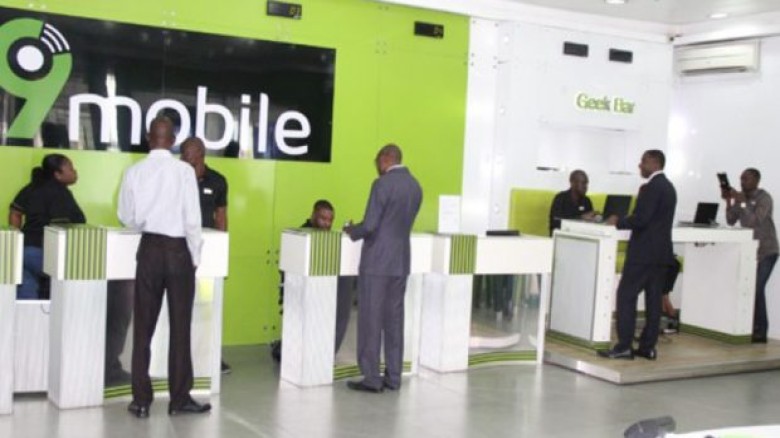






Leave A Comment